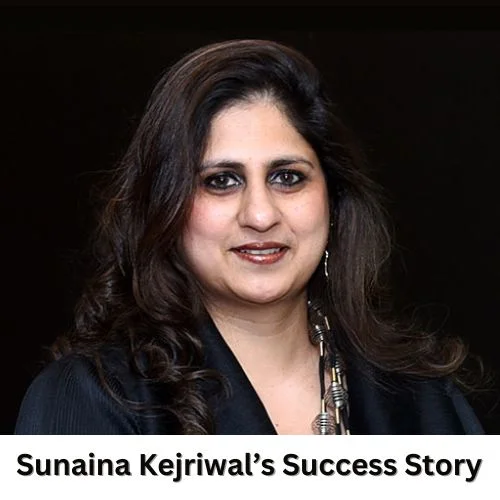India’s burgeoning talent pool and favorable government policies have positioned the country as an alluring destination for semiconductor ventures, according to Prabu Raja, the president of Semiconductor Products Group (SPG) at Applied Materials, a US-based company specializing in materials engineering solutions for chip manufacturing.
The company recently unveiled its plans to establish a collaborative engineering center in Bangalore, dedicated to the development and commercialization of cutting-edge technologies for semiconductor manufacturing equipment.
City Gas Sector Faces Risks Amid Price Pressures
Prime Minister Narendra Modi’s ambitious vision of doubling the share of natural gas in India’s energy mix by 2030 hinges on city gas consumption. However, the stability of this sector is precarious as the interplay between international gas prices and domestic production stagnation poses significant risks. Even a slight surge in global gas prices, coupled with limited domestic output, can lead to decreased demand. Last year, city gas distribution (CGD) utilities experienced the impact of rising fuel prices when consumers began abandoning them in favor of alternative fuels. CNG users in Delhi and Mumbai switched to petrol, while industries, chemical plants, and refineries turned to cheaper options like liquefied petroleum gas (LPG) and liquid fuels, outweighing the benefits of less-polluting natural gas and gas derived from crude oil processing.
Indian Banks Witness Surge in Loans Despite Economic Challenges
Despite facing economic challenges, Indian banks recorded a notable 20.2% year-on-year increase in loans during the two weeks leading up to July 14. Over the same period, deposits also saw a rise of 13.2%, as indicated by the Reserve Bank of India’s weekly statistical supplement. The outstanding loans grew by a substantial 3.73 trillion rupees ($45.33 billion), reaching 147.64 trillion rupees in the same two-week period. Non-food credit also experienced growth, rising by 3.76 trillion rupees to 147.40 trillion rupees. However, food credit declined by 36.03 billion rupees, settling at 243.04 billion rupees.
Online Gaming Companies Seek Tax Distinction for Fantasy Sports and Skill Games
More than 120 online gaming companies have appealed to the Ministry of Finance and members of the GST Council to differentiate between fantasy sports and skill games concerning tax treatment. Previously, the GST Council had decided to impose a uniform 28% tax on the full face value for online gaming, casinos, and horse racing. However, the gaming companies emphasized that their online games and fantasy sports have fundamentally different business models and revenue generation methods. They pointed out that, internationally, fantasy sports with guaranteed prize pools are taxed differently from online skill-based games.
India-UK Free Trade Agreement Nears Consensus on Key Issues
As the 12th round of negotiations approaches, India and the United Kingdom (UK) are making strides toward reaching a consensus on three crucial elements in their proposed free trade agreement (FTA). The areas under discussion include rules of origin (ROO), intellectual property rights (IPR), and the investment treaty. While the principles governing the rules of origin chapter have been agreed upon, the modalities are still being fine-tuned. The negotiations are currently at a critical stage, and the next round is scheduled to take place in the second week of August.















